The 28th rendition of the Southbank Centre Meltdown annual festival has seen impressive performances by acts including art-rockers Warpaint. Before the festival curator Christine and the Queens played out the two final shows, Icelandic post-rockers Sigur Rós, who are on the cusp of releasing their first LP called ÁTTA in ten years, took to the stage with the London Contemporary Orchestra.
As with a magnificent piece of theatre or musical, Sigur Rós divided their set into two parts and opted to deliver an entire evening of entertainment without any support acts. The London Contemporary Orchestra, dressed in black, arrived on stage with many dimly lit Narnia-style lamps. The Icelandic trio, also dressed in black, went on stage after the orchestra and took their place at centre stage.
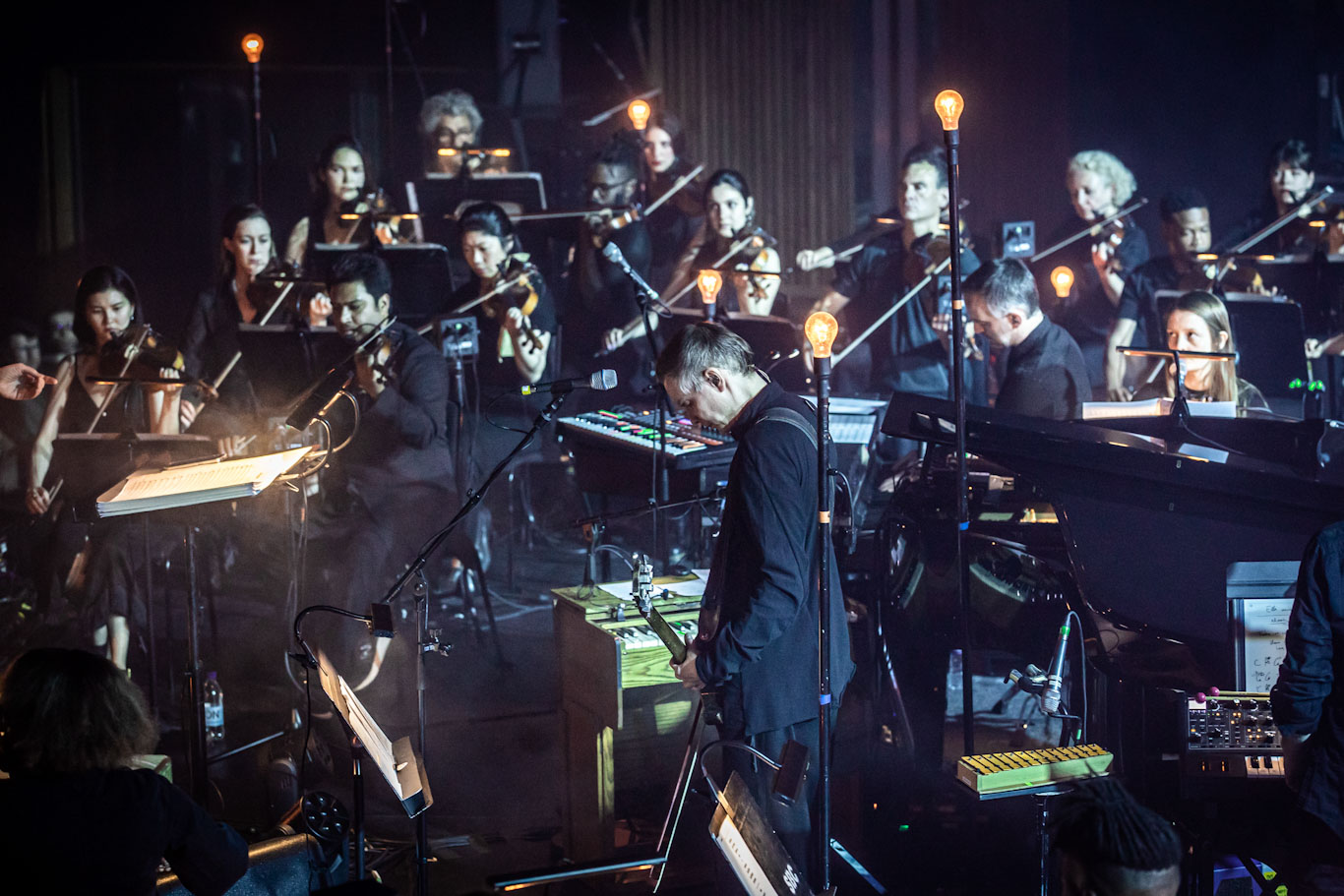
In the build-up to Sigur Rós and the London Contemporary Orchestra arriving on stage, a strong, pungent aroma of frankincense filled the Royal Festival Hall. “Blóðberg”, taken from their forthcoming LP, opened the set. Despite this new album written from a period that frontman Jónsi described as “depressing, heavy and intense”, “Blóðberg” brought descending angelic spiritual enchantment and light. The sophomore song “Ekki múkk”, taken from the 2012 Valtari, was much darker. “Ekki múkk” abruptly ends the joyful wisdom of “Blóðberg” but, through the track, brings the listener to a less sad and unnerving world. This transportation was possible due to Jónsi’s guitar/cello arrangements and the London Contemporary Orchestra horn section.
Smoke filling the stage aided Sigur Rós and The London Contemporary Orchestra in transporting the audience into different worlds. The full prowess of Jónsi’s falsetto voice began to flourish when he took to the piano to sing “Fljótavík”. The beauty of the first section was the power of extended solos owing to the 30-piece orchestra.
The set’s second half opened with “Untitled #1 – Vaka” from 2002’s ( ). Three songs from ( ) were played in the latter half, including “Untitled #5 – Álafoss”, which has not been played live for over 20 years. This half of the set also saw Sigur Rós be more independent of the London Contemporary Orchestra as the band themselves played more acoustic-electro guitar solos.
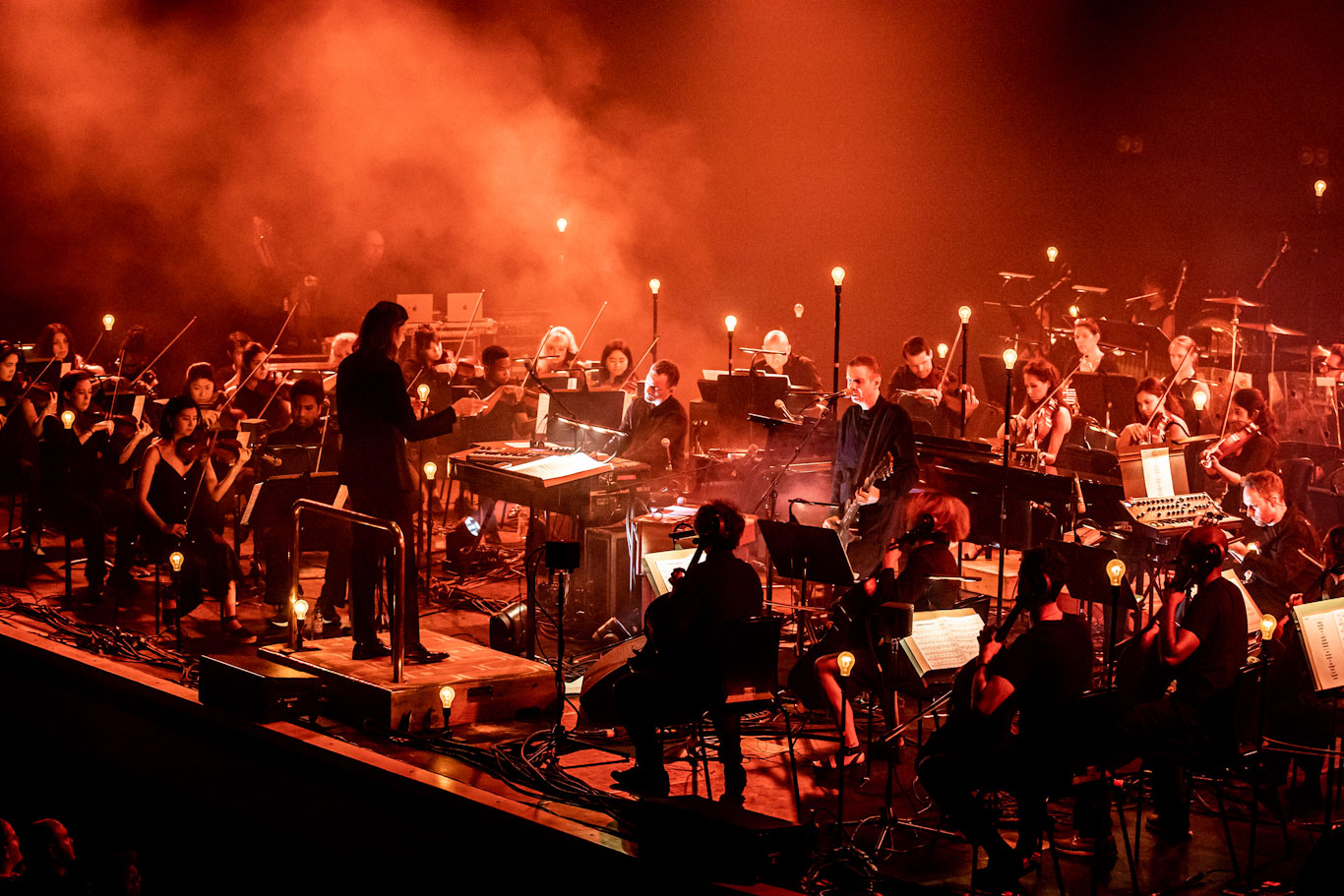
Whilst the crowd sat stoic and silent throughout each song, the rapturous applauses grew with each piece. Apart from needing to restart the opening song of the second set once, Sigur Rós consistently gave an elating performance that moved through labyrinths. The audience and Sigur Rós were on the same page throughout. This is an incredible achievement since Sigur Rós sing their songs in their native Icelandic tongue.
People will undoubtedly want to see more of Sigur Rós, not because they want to hear more of their better songs, such as “Hoppípolla”, but because they know they will get the opportunity to experience different worlds.
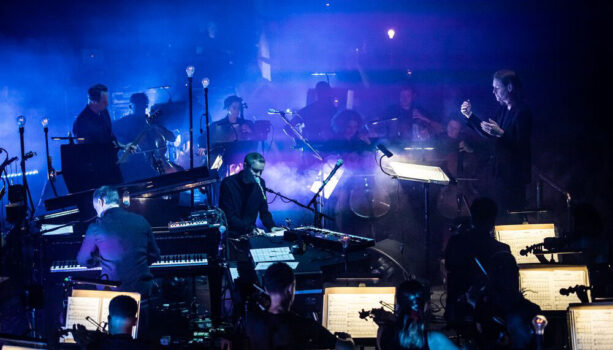

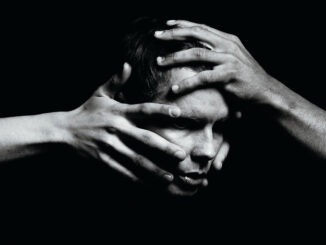
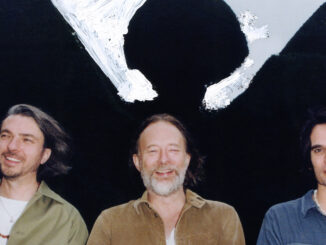
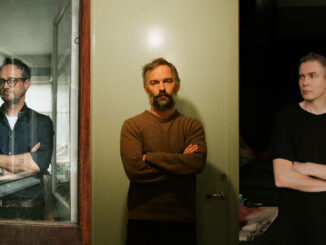
Be the first to comment